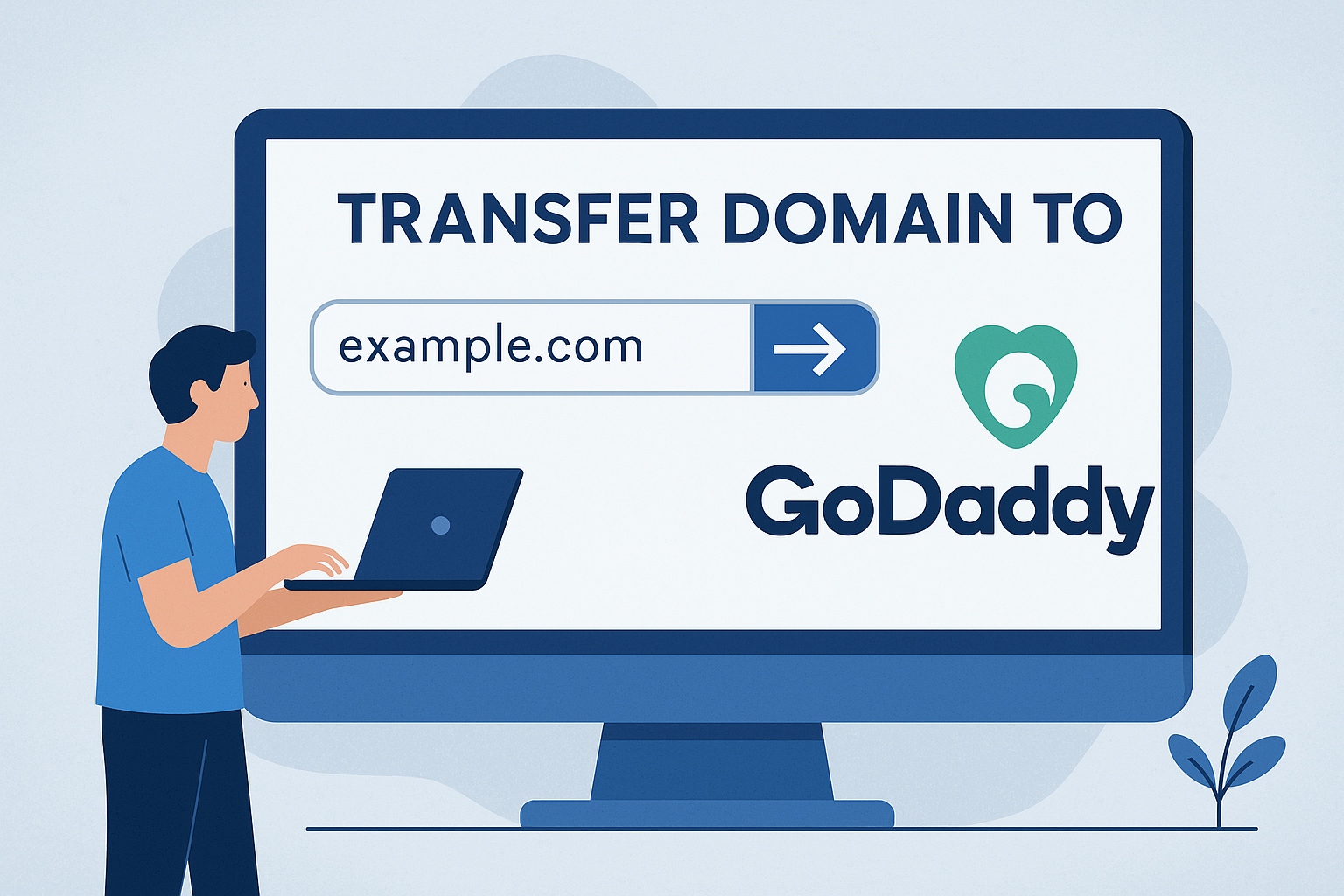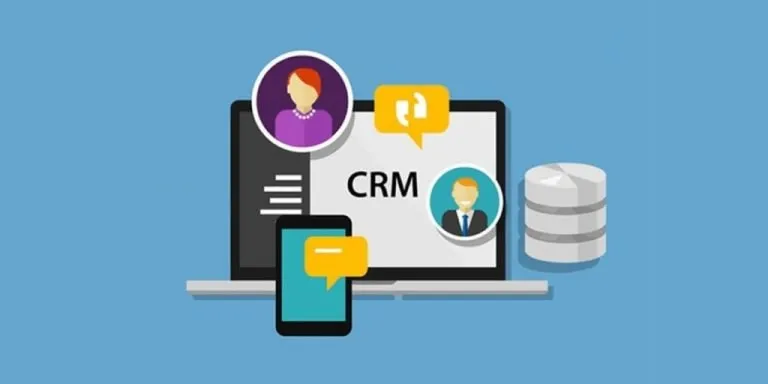Advertising disclosure
Hosting Canada is community-supported. We may earn a commission when you make a purchase through one of our links. Read Disclosure.
Definitive Beginner Guide to Blogging
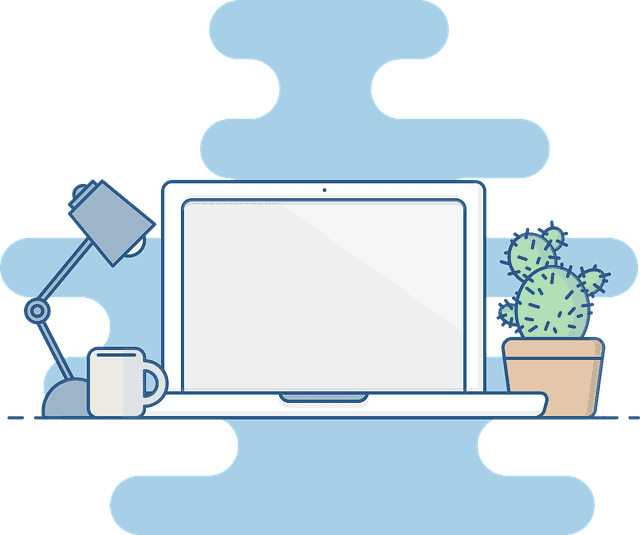 Blogging is widespread today thanks to easy access for readers and bloggers. From every corner of the globe, you can find thousands if not millions of blogs that cover subjects you’ve probably never even heard of and in languages, you can’t read.
Blogging is widespread today thanks to easy access for readers and bloggers. From every corner of the globe, you can find thousands if not millions of blogs that cover subjects you’ve probably never even heard of and in languages, you can’t read.
Beyond personal blogs, nearly every business runs its own blog. These two groups are quite distinct, as they serve significantly different purposes. Nonetheless, they’re blogs, and all blogs have the same building blocks.
If you’ve ever been interested in blogging, but you’ve felt overwhelmed, do not worry. Nearly every individual blogger felt intimidated by the number of well-established blogs in existence. To make your journey easier, follow this beginner blogging guide to learn how you can easily start your own blog!
Why You Should Blog
![]() Many people have hesitations in blogging as it can be a lot of work. To ease some worries, it’s important to address the fact that blogging is worth the effort. Blogging can provide several benefits whether you’re an individual or a business.
Many people have hesitations in blogging as it can be a lot of work. To ease some worries, it’s important to address the fact that blogging is worth the effort. Blogging can provide several benefits whether you’re an individual or a business.
Individuals who want to get into blogging have the world at their fingertips, literally. Through high-quality blogs and a bit of marketing, you can reach thousands of readers all around the world.
As a beginner, you can even start blogging on a free platform to get a taste for it.
Once you’ve established your blog and built up a following, you can begin making some profit. You can become an affiliate marketing blog, advertise for companies, or run a paid blogging site where users sign up to read your content.
If you have a business and a website, blogging is a great way to improve your online presence. Blogging is one of the best marketing strategies you can implement as blogs will always stay on your site, unlike ad campaigns which are temporary. Businesses can use blogs to reach more clients and increase site traffic which then can be turned into further sales.
Beyond the financial benefits of blogging, as an individual, the process can be highly rewarding and even fun. You can work on web design, writing, and marketing skills. And who knows, maybe what you write will provide significant value to other people’s lives!
How to Get Started Blogging
As a beginner getting into blogging, you may have no idea where to start. Luckily, the initial steps are straightforward and easy! Check out the most important parts of starting your blog below.
Narrowing Your Field/Topic
If you’ve thought about blogging, you likely already have a topic in mind. That’s a great start, but it likely needs some work. Depending on what your focus is, there are likely already several blogs covering the same focus. Do some research to see who your competitors are.
This may help give you an idea of what to write, but it also may push you into a different direction or a more specific path.
To improve your chances of success in blogging, you should find a niche. For example, if you wanted to write about tech products, you could pick a specific brand of products to cover. Additionally, you can write highly specific posts about certain models and a trait or problem about these models.
When you begin posting these niche blog posts, you can target specific audiences through keywords that have little other competitors but high enough search traffic.
By diving deep into one specific area with the right SEO strategies, you can begin to gain an audience. Once you have some regular readers, you can begin expanding your focus to include other brands or different types of tech products to reach further groups.
Choosing Your Platform
![]() As a new blogger, you have countless options on where to host your blog. You could try sites like Substack or Medium which allows you to easily begin writing without worrying about your own site.
As a new blogger, you have countless options on where to host your blog. You could try sites like Substack or Medium which allows you to easily begin writing without worrying about your own site.
However, if you’re serious about blogging, and you want your own site that can be monetized, you’ll have to opt for one of the other platforms that allow you just that. Sites like WordPress and Wix are some of the best and most popular blogging platforms.
To make your decision on what the best platform is, you need to know what you want. Do you want full control over the website design? Or do you prefer to only worry about the content while someone else handles the aesthetic?
Furthermore, you’ll need to be aware of the pricing tiers of these platforms and what’s included in each tier. Some platforms, like Wix and WordPress, offer SEO services, customer support, and data analytics which could all prove invaluable.
Designing Your Blog
If you’ve chosen to blog on a content management system like WordPress or other competitors, you’ll need to design your site next. You can start by sifting through the free and premium templates to find a starting place. From there, you’ll have to get creative. If you want a website that looks professional and impresses your users, read up on the latest web design trends.
The best way to start designing your blog is to look at competitor sites. While you want to be unique and creative, you don’t want to design a site that is so unique that users don’t know how to navigate. Rather, you should stick with the standard layout of using headers, footers, navigation bars, sidebars, etc. Building on that frame, you can experiment with continuous scrolling, thumbnails, and more.
The comforting part of owning a blog is that you can always update your site. If you feel that certain pages need different designs, you want to add pages, or remove features, you can easily do so. After all, blogging mandates that you constantly learn and adapt, so making changes is a part of the process!
Running Your Blog
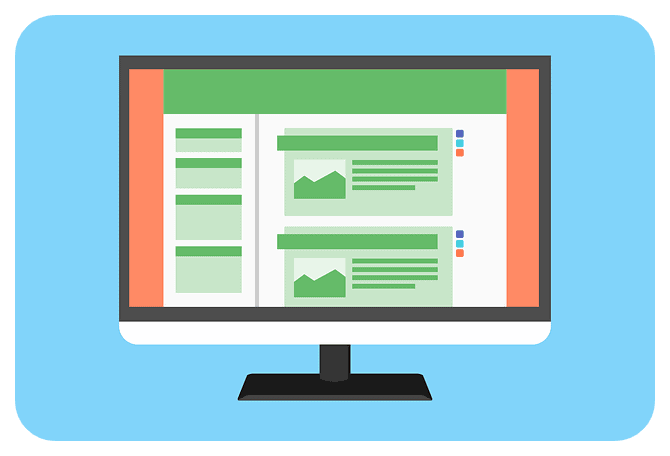 Now that you have your blog created, you need to publish it and get started with the real process of blogging. You have to come up with blog ideas, write the blogs, optimize them for SEO, and more.
Now that you have your blog created, you need to publish it and get started with the real process of blogging. You have to come up with blog ideas, write the blogs, optimize them for SEO, and more.
Plus, as you dive into blogging, you’ll constantly discover new ways to improve your blog.
Writing
Blogging is all about producing high-quality content. You have to think of post ideas, write them, edit them, and publish them on the web consistently. While this may sound as easy as picking a topic and writing, there is much more to it than that.
You have to use the right tone, verbiage, and style. You need to know who your audience is and what kind of style your audience likes. Furthermore, you should be consistent throughout all of your blog posts. However, depending on your site, you may be posting different types of content which may then require different writing styles.
To get a taste for the style of blog writing, you should do plenty of reading and research across several types of blogs. Check out and notice the difference in styles between professional, personal, travel, review, educational, and technology blogs. You’ll pick up on countless tones and trends which can help you determine and find your own preferred voice.
With practice, you’ll develop your tone and voice which you can keep consistent across all of your posts. The reason you want to maintain consistency is to allow your readership to get to know you develop an understanding of your blog.
Planning Blogs
Beyond writing your blogs, you should get in the habit of planning your blogs. You should develop a strategy for publishing these posts as well. This sort of consistency may help bring regular readers to your site, as they know every Monday or Wednesday a new post will be waiting for them.
Additionally, as the entire process of blogging can be a bit stressful at times, having a list of ideas can help. On days you don’t have many commitments, you can try to write multiple blogs to have a stockpile for those weeks when you don’t want to write or don’t have time to write.
Digital Marketing and SEO
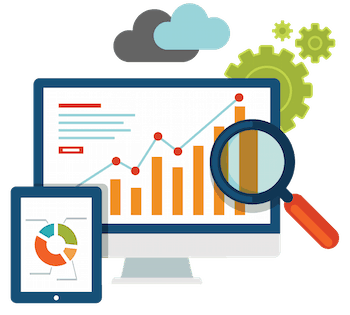 Search engine optimization and digital marketing strategies will be crucial to how your blog performs. Digital marketing is the process of promoting your blog to attract new readers and grow your audience.
Search engine optimization and digital marketing strategies will be crucial to how your blog performs. Digital marketing is the process of promoting your blog to attract new readers and grow your audience.
Through SEO, you can draw users to your site by getting your blogs listed high on Google searches. The field of SEO is complex and ever-changing which means you may need to spend some time learning.
However, you should know that for your blog to really take off, you should prioritize SEO.
Other fields of digital marketing you can explore include social media, advertising, and email marketing. Social media is a great way to promote your blog. You can use your personal accounts or create accounts under your blog’s name. The greater following you can amass the quicker you can gain new readers.
Another great option for marketing your blog is through interaction. Comment on other blogs, respond to people’s comments on your blogs and make small talk to readers through social media.
Through email marketing campaigns, you can reach out to readers about new blogs, so you can ensure they regularly come back to your site. Check out the best email marketing services to learn where to start.
Updating Your Blog
Along the way, you may decide to partially change the direction of your blog. As mentioned previously, you can expand your niche and begin to cover more topics. On the other hand, you may shift in a new, more niche direction. To adapt to whatever changes you make, in terms of content, you’ll need to update your website to reflect those as well.
Depending on the changes you make, you may make as simple changes as adding a new item to your navigation bar to link to a page of a new topic of blogs. Additionally, as you grow as a blogger, you may want to enhance the aesthetic of your site.
You can create new web pages, improve the homepage layout, develop greater consistency in style and color throughout the site, or make other changes.
Making Money from Your Blog
![]() If your goal is to make money with your blog, you have several options. You can try affiliate marketing and advertisements, you can turn your blog into an eCommerce site and sell products, or you can even create a membership-based blog.
If your goal is to make money with your blog, you have several options. You can try affiliate marketing and advertisements, you can turn your blog into an eCommerce site and sell products, or you can even create a membership-based blog.
All three options are common and have great potential, so it’s dependent upon your preference and the content you’re making.
Affiliate marketing is when you refer your readers to different websites to purchase products or services. If your blog covers technology products, you could become an affiliate marketer for the brands you review.
Then, if one of your readers buys a product using a link you provide, you earn a small percentage of that sale.
By creating an eCommerce store in conjunction with your blog, you’ll directly sell products to your readers. To stick with the same example, you could combine a tech blog with selling headphones, phone accessories, or other products that you can find from wholesalers.
If you want to use memberships on your site, you can go about it several ways. You can require all readers to pay a small fee to access content, or you can have membership tiers. Your blog could provide free memberships where readers get access to only a certain type of blog, whereas paid memberships get extra content.
The Bottom Line
Blogging is a rewarding experience. You get to learn about writing, marketing, web design, hosting, and whatever topics you choose to cover. There are endless possibilities in the directions you can take your blog. You can advertise it, grow it, and monetize it.
While blogging may seem like a difficult task, by breaking it up into areas of focus, you can easily get your blog up and running in no time!
More Related Guides:
- Best Free Blogging Sites
- Complete Shopify Guide for 2026
- Should You Use Free Web Hosting for Your Personal Web Page?







